Giuseppe Verdi, Lionized Italian Patriot
For most of Verdi’s lifetime, Italy was a patchwork of small, impoverished city-states and grand duchies, torn by internal strife and under the rule of large foreign powers. The risorgimento, the movement toward national unification, led by the great figures of Camillo Bento, the Conte di Cavour, and Giuseppe Garibaldi, began after Napoleon’s occupation of the country. Their fighting forces were intent on uniting the peninsula under a single king, Victor Emmanuel of Sardinia. Verdi was committed to unification, and his music became closely linked with his commitment, particularly his nationalistic choruses in the operas Nabucco and I Lombardi. His name was used as an acronym for unification: The cry "Viva Verdi" was understood to mean "Victor Emmanuel Re De [king of] ltalia."
Verdi might as easily have remained on the sidelines. After the deaths of his wife and their two children, he sold his household belongings and moved into a single room, captive to depression.
Three years later on his way to the theater, Verdi encountered a friend who pressed him to look at a libretto. It was by Temistocle Solera, a patriot credited with saying “You may have the universe if I may have Italy.” Verdi reluctantly took the libretto home but cast it aside. The pages fell open to the line, “Va, pensiero, sull’ali dorate” (“Go, thought, on golden wings”). Verdi was hooked.
The opera Nabucco premiered at La Scala in 1842 and was an overwhelming success. The chorus, “Va, pensiero,” sung by Hebrew slaves in Babylon remembering their native land and former happiness, symbolized to Italians their plight under foreign rule.
In 1848, Milan surrendered to the Austrians, and more than 120,000 of its population emigrated under wretched conditions. With battles dominating Paris and Milan, Verdi poured his patriotic feelings into a new opera, La battaglia de Legnano, which premiered successfully in Rome. From then on, Verdi became a hero for whom thousands would gather at train stations wherever he went, doffing their hats in silent respect.
Despite his fame, Verdi could not have known that his instructions, for a modest funeral with two priests, two candles, and one cross, would be ignored by his public. At his friend’s funeral, Arturo Toscanini conducted the music — performed by a vast orchestra and chorus gathered from among Italy’s best musicians. As the funeral procession passed, the 200,000 mourners lining Milan’s streets spontaneously broke into singing “Va, pensiero.” The event remains one of the largest assemblies in Italian history.
The eulogy for Verdi described him as “our great unifier. When the wave of his passionate music, something that the enemy could not seize, embodied the idea of our nation, which swept freely from the Alps to the sea, [it set] our hearts on fire.”
— Carol Talbeck
- This line from the eulogy is quoted from the article “Very Verdi,” by Joseph Harriss, in Smithsonian magazine, November, 2001.
Carol Talbeck was born and raised in the Pacific Northwest countryside of small farms and evergreen woodlands. She has held many jobs - mother of three, health foods worker, ESL and English tutor, and technical writer and manager in high-tech. She re-entered college in midlife and completed a master's degree in literature. During the past few decades, she has pursued creative writing - poetry, short stories and, most recently, historical fiction. She has been writing program notes for the chorus for several years.
© Copyright 1998-2024 San Francisco Choral Society

